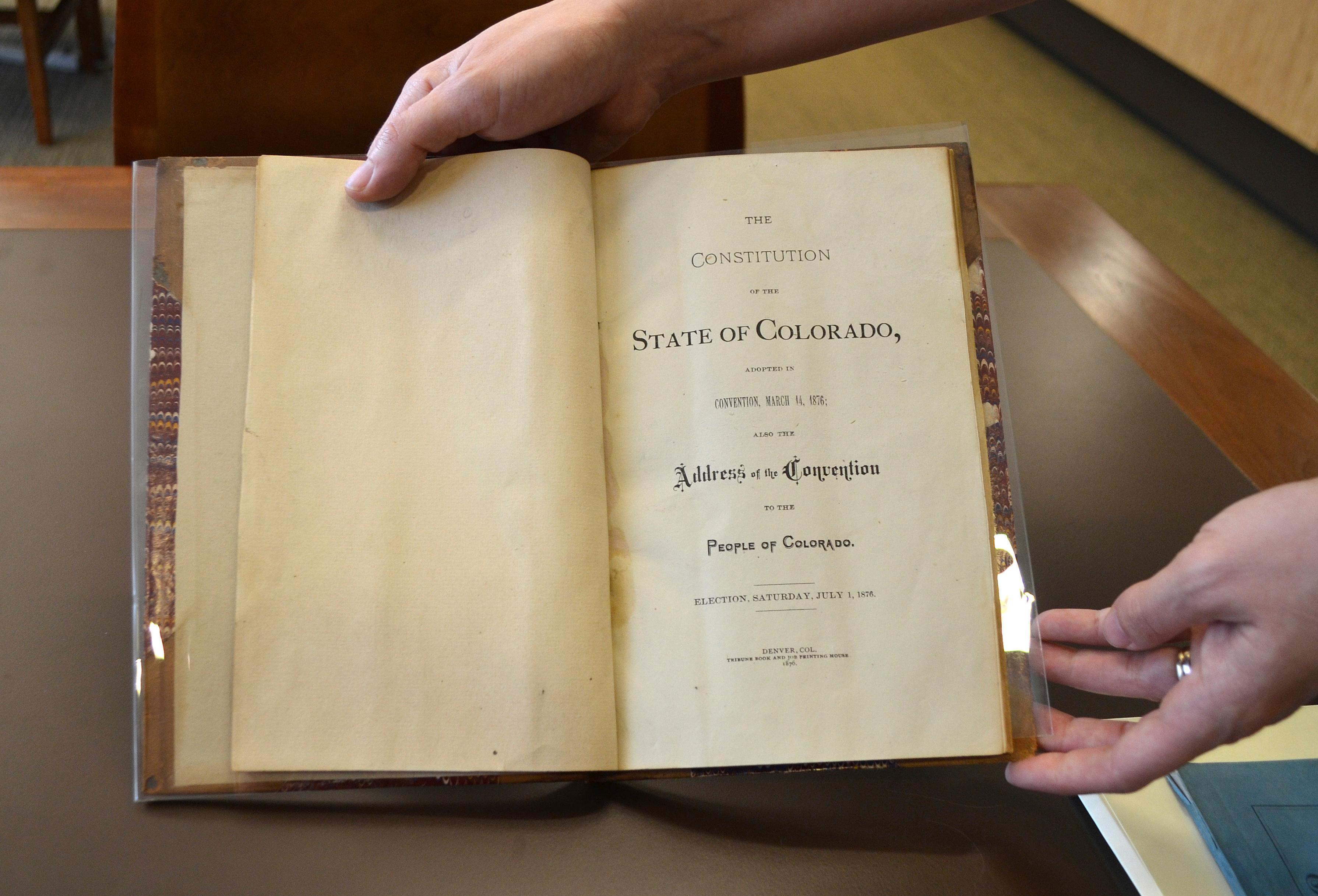
New rules that make it harder to change the Colorado Constitution are under attack in federal court. A lawsuit (posted below) was filed over the weekend seeking an injunction against Amendment 71, otherwise known as Raise The Bar.
Voters approved the measure back in November. In part, it requires those who want to change the state Constitution to collect voter signatures from every state senate district in Colorado. Proponents argued Front Range cities were overrepresented by signature gathers.
But the lawsuit says the measure’s signature requirement violates the U.S. Constitution by forcing the plaintiffs to engage in “political speech ... in state senate districts they and their supporters would otherwise avoid.” That makes it much harder to collect signatures “without a compelling reason for doing so.”
The lawsuit also claims getting signatures in rural districts dilutes the signatures from heavily populated areas.
One of the plaintiffs, William Semple, was behind the failed universal health care initiative, Amendment 69, Colorado Care, last year. In the lawsuit, they say they plan to advance a similar measure in 2018 or 2020. Another plaintiff, Daniel Hayes, is behind a proposed initiative that seeks to limit housing development.
Proponents of Raise the Bar, argued it was far too easy to amend Colorado’s constitution, and the signature requirement was meant to make the process more representative of all Colorado voters.
“It appears that the folks who earned 21 percent of the vote on their amendment [Amendment 69] have an aversion to including rural Colorado in the initiative process,” says Greg Brophy, a former state senator behind Raise the Bar. “It should be harder to amend the Constitution than it is to change a law and just like at the federal level, the process should be more inclusive.”
Business groups supported the amendment, but the Raise the Bar campaign garnered the most financial contributions from the oil and gas industry. Drillers had been in a near constant battle, fending off ballot initiatives that would have curtailed fracking.
Read the lawsuit:









